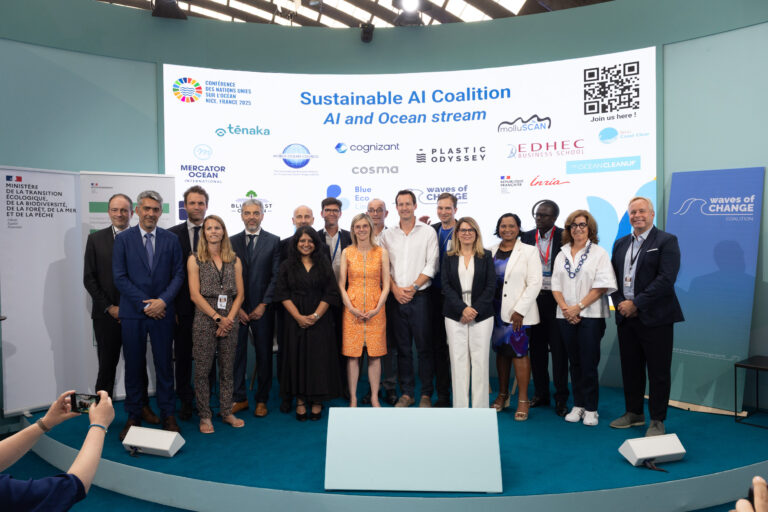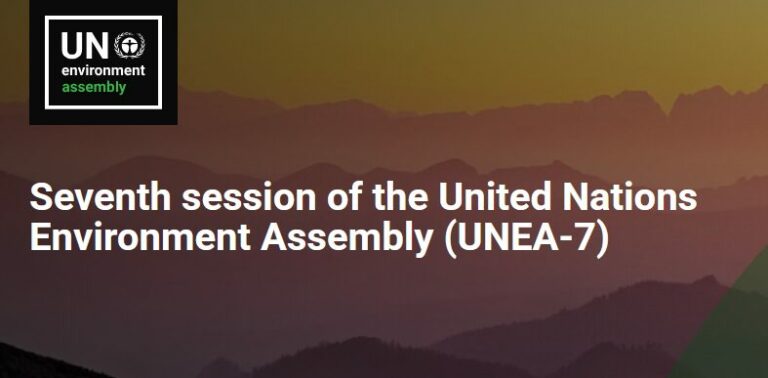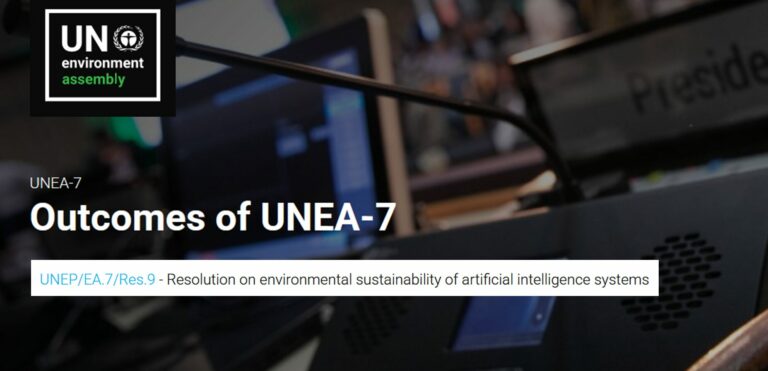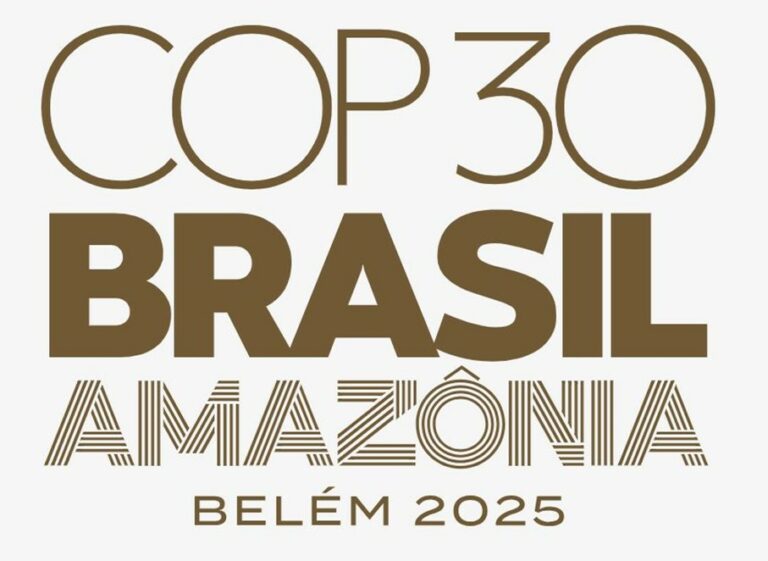
Since March, the Coalition coordination team (France, ITU, UNEP) has been working on the mapping of all the international and collaborative initiatives on sustainable AI. This mapping is a valuable tool in promoting a greener AI internationally, aligning it with global environmental objectives and accelerating the ecological transition. It makes sure that we do not duplicate efforts. As we reached 200 members, including companies, start-ups, investors and research centres, we received several contributions to the consultation, as well as almost the same number of initiatives.
For the next steps of our international action, we are gathering expressions of interest to participate in different workstreams that have been preliminarly identified from the results of the consultation. The results of those workstreams could be presented at future key international events (AI summits, COP, etc.). Depending on the number of organizations interested, we will come back to respondents if the workstream is confirmed.
This call is open until September 30th, 2025.
Roadmap of Standardization for AI environmental sustainability
Context At the AI Action Summit in Paris, experts from ISO, IEEE, and ITU, in collaboration with UNESCO and the OECD, met in a working group to take stock of the various standards already published and currently being developed in the field of environmental sustainability of AI. This working group also established some common principles for the development of future standards. Updating this roadmap will therefore ensure consistency over time between the various sustainable AI standards currently being developed.
Implementation This updating-process could take place through the organization of two working group meetings, integrating potential new stakeholders from international organizations, NGOs, and companies.
Public Procurement Toolkit for Sustainable AI Systems
Context AI offers opportunities and efficiency gains for all governments to address sustainable development challenges. To capitalize on these opportunities, the deployment of AI must take into account the need to limit pressure on resources. In general, public procurements are an efficient tool to ensure that the service, product or infrastructure bought is aligned with the values of the buyers. Several procurement guides have already been published on the broader topic of data centers, including guidelines on public procurement of data centers and servers from the United Nations Environment Programme’s “United 4 Efficiency” Center, a guide for greening data centers from the International Telecommunication Union and the World Bank, and a guide for circular and sustainable public procurement for the digital sector from the International Telecommunication Union. There is a need to complement those procurement guides to focus on other aspects of the AI value chain, especially sustainability requirements on the inference of AI systems (hosting, choice of model, evaluation, etc.).
Implementation A first draft of the toolkit could be submitted for contributions and reviews by participants.
AI Pilots Showcase
Context As a technology that can address all sectors, AI can provide an opportunity to address many of the challenges we face today. As an emerging technology, innovative AI-based solutions sometimes suffer from a lack of visibility, and therefore operate in silos. Following the AI Action Summit, which showcased 50 AI projects serving the public interest, and the United Nations Ocean Conference, which showcased 30 organizations using AI for ocean conservation, upcoming summits could be an opportunity to network organizations working for a specific sector of the environmental transition.
Implementation To source and select AI initiatives to support the environmental transition of the agricultural sector, a working group could choose the selection criteria and then compile a list of these innovative solutions.
Guidelines to combine environmental transparency with trade sensitivity
Context All stakeholders in the AI ecosystem report difficulty understanding the issues surrounding the environmental impacts of AI due to a lack of data. At the same time, AI providers must be able to protect sensitive information about their AI models. The recognition of this lack of data has already led to major international initiatives such as the International Energy Agency’s AI & Energy Observatory or the ITU report on current approaches for evaluating AI systems. Mistral, a major LLM provider, in July 2025 released the first LCA on the environmental impact of its LLM.
Implementation An initial paper drafted by research organizations could be reviewed by members of the Coalition for Sustainable AI, as well as by a sub-working group of research stakeholders. Subsequently, a working group with leading AI companies would ensure the operationality of these recommendations.
Data challenges and Hackathons
Context Similar to the Frugal AI Challenge conducted ahead of the Global AI Action Summit, upcoming summits could be an opportunity to benefit from the contribution of the data science community to address challenges with the most frugal use of AI possible.
Implementation A subgroup of stakeholders could be tasked with identifying a database and a suitable task for a data challenge, related to a theme such as AI supporting the transition of the agricultural sector. The identification of themes could be carried out through a call for expressions of interest from non-governmental organizations (NGOs).
Foresight into the environmental challenges of Agentic AI
Context Agentic AI, which allows autonomous agents to perform a sequence of tasks, is seen as the latest AI revolution, enabling many sectors to improve productivity. However, we still have little perspective on the environmental impacts of this new AI revolution. Similar to the position paper on the environmental performance challenges of AI developed during the French AI Summit by researchers and companies, a position paper on the environmental challenges of agentic AI will enable all types of stakeholders, both public and private, to anticipate the positive and negative effects of this new revolution.
Implementation A working group bringing together stakeholders to work on this issue would make it possible to deliver a consensus-built position paper that synthesizes the literature and knowledge on the subject.
Open Library of Compressed AI models
Context Many AI models are now available as open source. However, their deployment can be made more difficult when organizations’ computational resources are limited. Providing compressed models is therefore a challenge in ensuring access to AI’s potential. Some compressed models are already available online, but they are not aggregated and do not easily allow for a clear understanding of the balance between performance and the resources required to deploy them. Following the UNESCO report on generative AI and the benefits of smaller, specialized models, it is important to bring together academic and private stakeholders likely to contribute to such a library.
Implementation To this end, a working group could help launch this process, which could subsequently be pursued collaboratively. Such a working group could bring together companies and academic stakeholders.
Nature-related financial disclosure guidance for the technology sector
Context The Taskforce on Nature-related Financial Disclosures (TNFD) is a market-led, science-based, government-supported initiative. Since its launch in 2021 with the support of the G20 economies, the TNFD has built a global movement of action among market participants. A market TNFD consultation processes made evident early in the process that both financial service institutions and real economy corporations called for development of TNFD sector specific guidance due to the fact that nature-related impacts and dependencies are highly sector specific. TNFD have identified the most material sectors to nature loss and to the nature positive transition and the Technology sector is on that list.
Implementation TNFD is in the process of initiating a sector Working Group to develop TNFD sector specific guidance on how to apply the TNFD LEAP approach to the technology sector and to develop sector specific TNFD disclosure metrics. Leaders in the technology sector are invited to engage in the work. The guidance will be launched in draft in January 2026 for market feedback and a final version will thereafter be issued for market adoption.







